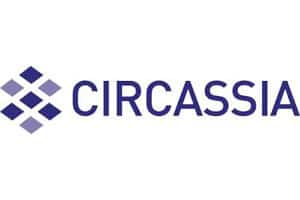 UK biopharma company Circassia has conceded defeat in its attempt to bring a range of allergy immunotherapies to market, halting all investment in the area.
UK biopharma company Circassia has conceded defeat in its attempt to bring a range of allergy immunotherapies to market, halting all investment in the area.
The news comes as the Oxford-based company reported top-line results from a phase IIb study of its house dust mite allergy candidate, which failed to show any improvement over placebo on allergy symptoms and the need for rescue medications such as antihistamines.
The results mirrored an earlier trial of the immunotherapy approach in cat allergies, in that both the placebo and treatment groups experienced an improvement in symptoms and rescue medication use, meaning there was no significant difference between them.
Chief executive Steve Harris said the company remains convinced that its technology has biological activity, but overcoming the placebo effect “using the field study designs required by regulators represents a significant hurdle”.
Prospects for the allergy programme were already considered to be speculative, and Circassia had to cut costs by halting trials in grass and ragweed allergies until the house dust mite trial read out.
Now the company intends to focus on the remainder of its pipeline which essentially means its portfolio of respiratory drugs, including a generic version of GlaxoSmithKline’s blockbuster Seretide/Advair (fluticasone/salmeterol) – called Seriveo – that is due to be filed later this year and a triple therapy in early clinical testing.
Circassia also recently formed a partnership with AstraZeneca (AZ) for the development and commercialisation of two chronic obstructive pulmonary disease (COPD) medicines – Tudorza (aclidinium bromide) and Duaklir (aclidinium bromide/formoterol) in the US.
That deal was valued at up to $230m, with Circassia giving AZ $50m in shares in return for the rights to the two drugs. Tudorza has been on the market in the US since 2012 while Duaklir is expected to be filed in 2018.
The allergy setback is nevertheless a big disappointment for the company, which raised £200m through an initial public offering (IPO) on the stock exchange in 2014 that was backed by Invesco and Neil Woodford‘s investment management company Woodford Investment Management.




